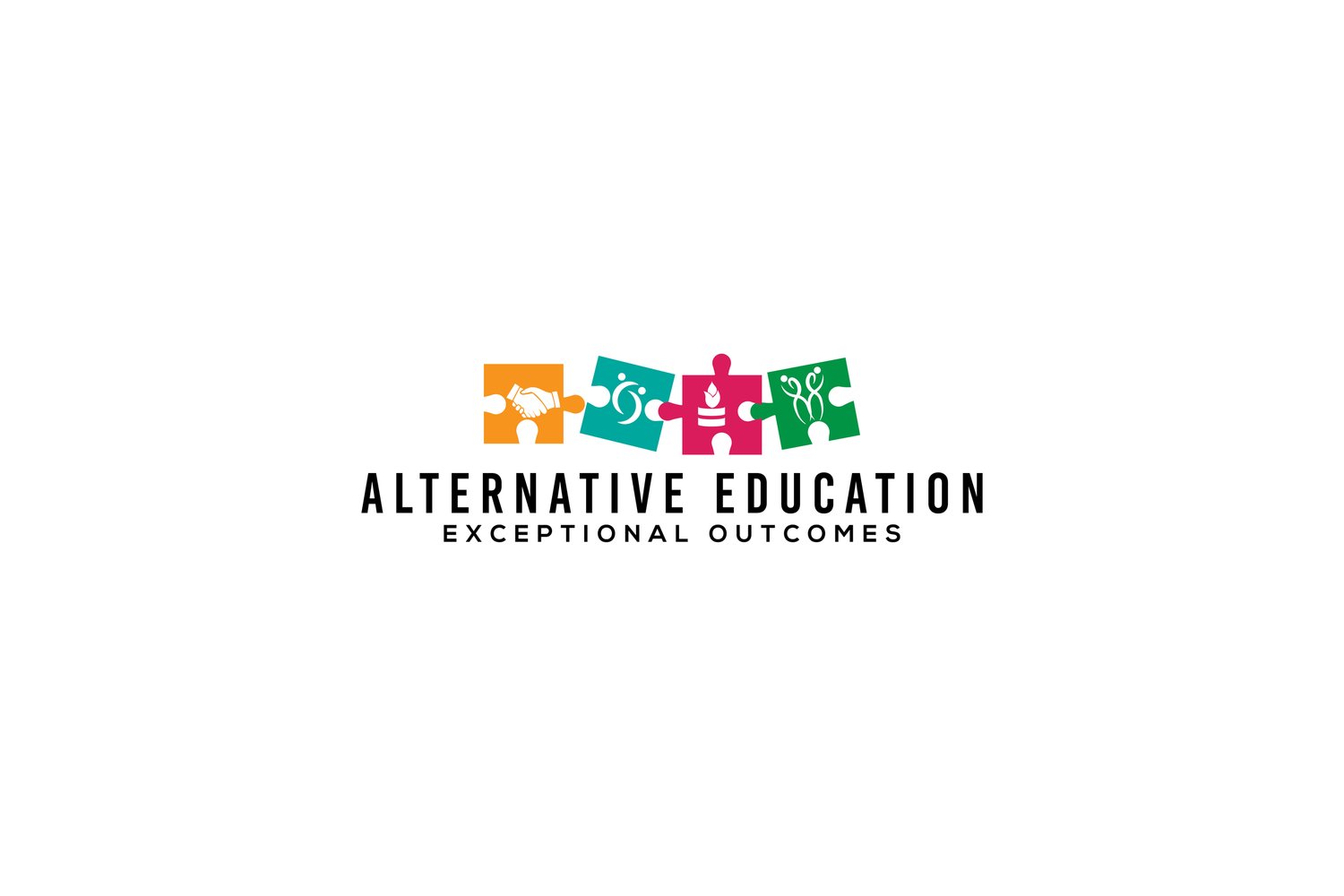
Participation
A participation deficit can have significant consequences for young people, hindering them from reaching their full potential in various aspects of life. Participation refers to actively engaging in activities, events, discussions, and opportunities. When young individuals experience a participation deficit, they may face the following challenges:
Limited Learning Opportunities: Actively participating in various educational activities, such as class discussions, group projects, and extracurricular clubs, enhances learning experiences. A participation deficit may lead to missed opportunities for gaining knowledge and valuable skills.
Reduced Social Interaction: Participation in social settings is crucial for building interpersonal skills, empathy, and emotional intelligence. A lack of participation can isolate young people, hindering their ability to form meaningful connections with peers and adults.
Underdeveloped Communication Skills: Participation fosters effective communication, including expressing ideas, listening actively, and engaging in constructive conversations. A deficit in participation can result in poor communication skills, which may limit personal and professional growth.
Lower Self-Confidence: A lack of active participation can further exacerbate a confidence deficit. Young individuals may feel hesitant to contribute, fearing judgment or rejection, leading to decreased self-esteem.
Missed Leadership Opportunities: Participation often provides avenues for young people to take on leadership roles and develop leadership skills. A participation deficit may hinder them from discovering and nurturing their leadership potential.
Difficulty in Decision Making: Active participation allows individuals to be involved in decision-making processes, fostering critical thinking and problem-solving skills. A participation deficit can leave young people feeling disempowered and less able to make decisions confidently.
Narrow Perspective: Participation in diverse activities and discussions exposes young individuals to different perspectives and ideas, fostering creativity and open-mindedness. A lack of participation may limit their exposure to new ideas and experiences.
Strategies to address a participation deficit in young people:
Creating Inclusive Environments: We foster inclusive spaces that encourage and value every individual's participation, making young people feel comfortable sharing their thoughts and ideas.
Promoting Active Learning: We implement teaching methods that prioritise student engagement, such as group activities, debates, and hands-on learning experiences.
Encouraging Involvement: We promote participation in activities that align with young individuals' interests and passions.
Mentoring and Role Models: We provide young people with mentors and positive role models who can inspire and encourage active participation.
Celebrating Effort: We celebrate young individuals' efforts to participate, regardless of the outcomes, to build their confidence.
Cultivating a Supportive Community: We are a supportive community that encourages open dialogue and values diverse perspectives, allowing young people to feel more comfortable participating.
Small Wins: We praise small steps of participation to encourage further engagement and involvement.
By addressing the participation deficit and promoting active engagement, young people can unlock their full potential, develop critical skills, and build a foundation for future success and personal growth.
